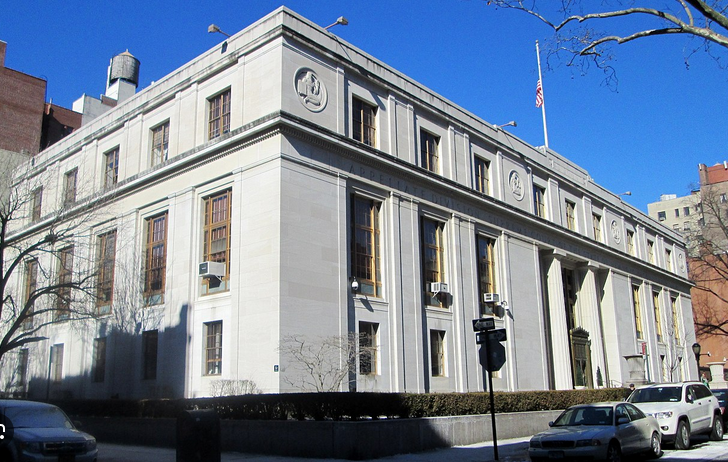Latest decisions from the Appellate Division, Second Department

Slip-and-Fall appeal upheld after defendant fails to show lack of notice
The Appellate Division, Second Department, has affirmed a Kings County Supreme Court decision that denied a motion for summary judgment in a personal injury lawsuit. The case, Rahman Hussain v. Neurology Continuum, P.C., et al., centers on an incident where the plaintiff, Rahman Hussain, sustained injuries from a fall due to a wet floor in a building owned by Kuzlena Trust and leased to Neurology Continuum.
In the initial ruling dated Dec. 20, 2022, by Justice Peter P. Sweeney of the Kings County Supreme Court, the defendants’ motion for summary judgment was denied. The defendants argued they were unaware of the wet floor, claiming an absence of constructive notice of the dangerous condition.
However, upon appeal, the Appellate Division upheld the lower court’s order, affirming that the defendants had not conclusively demonstrated their lack of awareness of the condition. This decision is based on precedents that a property owner or lessee may be held liable for injuries caused by conditions like water or ice if they either created the hazard or knew about it and did not take action to remedy it in a reasonable time.

Brooklyn Heights
View MoreRead the Brooklyn Height's Press and Cobble Hill News. Find out more about Brooklyn Height's History here.